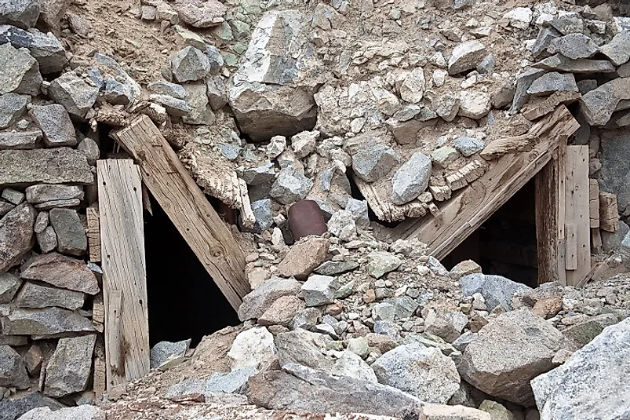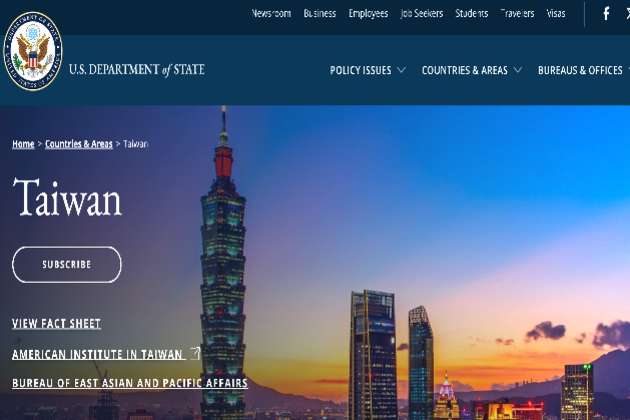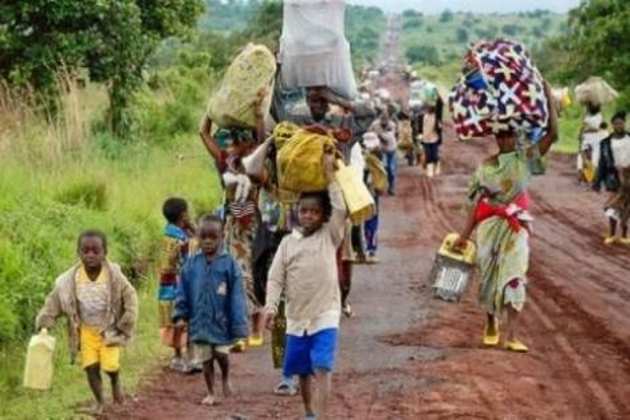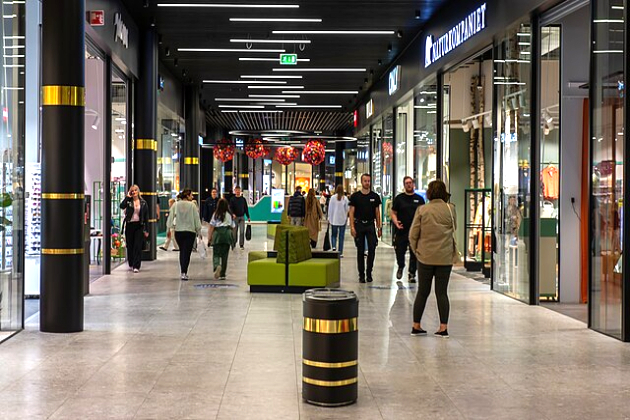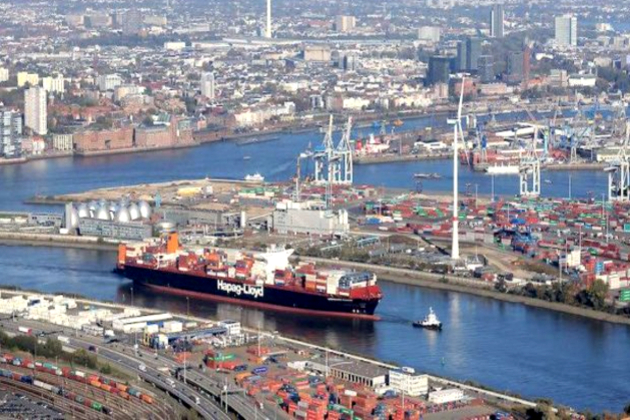Kumasi was called the garden city - but green spaces are vanishing in a clash of landuse regulations
The Conversation
20 Feb 2025, 14:40 GMT+10
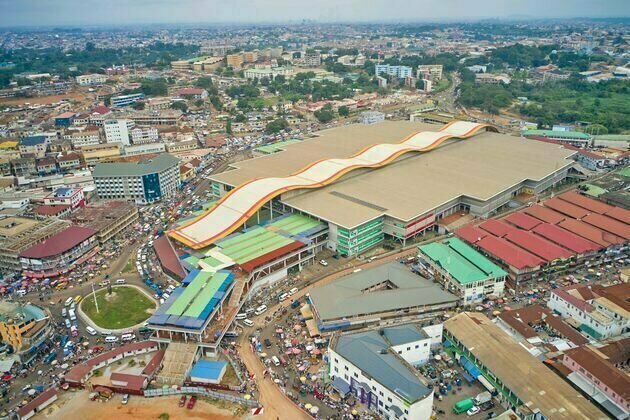
Urban parks in Kumasi, the capital city of Ghana's Ashanti region, are fast disappearing or in decline. Kumasi was designed 60 years ago as a "garden city", with green belts, parks and urban green spaces. These have been encroached on by developments and are in a poor condition.
Like other cities in Ghana, Kumasi has been growing. According to the latest population data from Ghana's Statistical Service, the population of Kumasi in 1950 and 2024 was 99,479 and 3,903,480 respectively. The city's current annual population growth rate is 3.59%. This growth is a challenge for city authorities.
Adding to the challenge is the fact that in Ghana, political authorities and traditional leadership exist together. It's the capital of the Ashanti Region and the capital of the ancient Ashanti Kingdom. Most of the land is owned by the traditional authority. This makes it difficult sometimes for city authorities to enforce planning regulations.
We are urban planners who have conducted research on environmental planning, urban informality and inclusive city development. We studied the extent to which areas demarcated as urban parks in the Kumasi Metropolis have been rezoned, and why there's been encroachment into urban parks.
Our study showed that 88% of the 16 parks studied in the Kumasi Metropolis had either been rezoned or encroached upon by other land uses. This was done in an unplanned way. Zoning regulations have not been enforced and urban sprawl has not been controlled. Part of the reason is that land scarcity drives up its value and customary authorities have an incentive to allow other uses. As a result, the city has lost green spaces that are important for their environmental, traditional and recreational functions.
To understand why Kumasi has been losing its green spaces, our study looked at 16 parks across six communities within the Kumasi Metropolis.
The World Health Organization recommends there should be 9m of green space per city dweller. We calculated that Kumasi currently has only 0.17m of green space per city dweller.
We also noted significant changes in land zoned for parks. This was mainly due to the politics of land ownership and administration. Other social factors played a part too. The results of the research showed that out of the 16 existing parks studied, 14 (88%) had been rezoned to residential or commercial use or encroached upon by other uses.
The rezoning of parks was gradual, unapproved by local planning authorities, and unplanned. Existing land tenure arrangements and laxity in the enforcement of laws are some of the barriers aecting park development and management in the city.
An official of the city's Physical Planning Department indicated that places zoned as parks were supposed to be owned, controlled, managed and protected by the state. But this was not the case, because of the complex land tenure arrangement of the city, where most land is customarily owned.
Though Ghana's land tenure system recognises customary ownership, the determination of land use remains the responsibility of local planning authorities. Land sold for physical developments must conform to an approved scheme prepared by the Physical Planning Department. In most cases, the parks rezoned by the customary owners were in contravention with spatial planning laws (such as the Land Use and Spatial Planning Act, 2016).
The representative of the planning department noted that even though it prepared layouts that made provision for parks and open spaces, it was often helpless when it came to enforcement and other land use regulations. We were told that information about the land ownership and transfer process between government agencies and customary landowners was not made available to the department.
Due to poor coordination and increased demand for land for development, about 88% of land demarcated for park development across the study communities had been leased or sold to private developers by the customary landowners.
Our study also revealed a lack of funding for parks development and management. All the agency ocials confirmed that parks were planned for but the funds to support their development and management were inadequate. They explained that property values rose as a result of urban development, leading to intense competition among various land uses. We were told that landowners were willing to sell any land available in their community at a higher value without considering its use in the community.
The once green city of Kumasi has lost much of its foliage. We suggest that this decline can and should be stopped.
City authorities can incorporate cultural elements that highlight the identity of neighbourhoods to promote ownership and a sense of place in the design of parks. Local planning institutions, custodians of land and residents should collaborate so that plans meet everyone's needs.
Traditional authorities, together with relevant city authorities, should consciously ensure that parks are developed, protected, managed and sustained. Laws and regulations which guide park use and protection should be enforced strictly.
Finally, parks and green spaces can only survive if there is sustainable funding. City authorities could consider green taxation and charges. For example, they can fine residents whose activities threaten the environment, and use the money to fund parks and green spaces. A percentage of property tax can be dedicated to the protection and development of green spaces in the city.
 Share
Share
 Tweet
Tweet
 Share
Share
 Flip
Flip
 Email
Email
Watch latest videos
Subscribe and Follow
Get a daily dose of Africa Leader news through our daily email, its complimentary and keeps you fully up to date with world and business news as well.
News RELEASES
Publish news of your business, community or sports group, personnel appointments, major event and more by submitting a news release to Africa Leader.
More InformationInternational
SectionEurope faces hard choices amid rising threats, warns French FM
MUNICH, Germany: Speaking at the Munich Security Conference, French Foreign Minister Jean-Noel Barrot warned that Europe must brace...
Mine collapse in western Mali kills at least 43, mostly women
BAMAKO, Mali: A tragic mine collapse in western Mali, West Africa, has claimed the lives of at least 43 people, mostly women, an industry...
US Navy confirms collision of aircraft carrier near Egypt
WASHINGTON, D.C.: The U.S. military operates 11 aircraft carriers, and any serious damage that forces one out of service could put...
Zelensky sidelined as Trump takes Putin position on war
As we approach the third anniversary of the Russian invasion of Ukraine, a monumental shift is taking place that might just lead to...
US State Department alters website wording on Taiwan independence
TAIPEI, Taiwan: The U.S. State Department has revised its official website's fact sheet on Taiwan, removing a previous statement that...
UN warns of worsening humanitarian crisis in eastern Congo
GENEVA, Switzerland: The humanitarian crisis in eastern Congo is worsening, with around 350,000 displaced people left without shelter...
Business
SectionMicrosoft makes $700m investment in Poland’s cybersecurity
WARSAW, Poland: Microsoft has announced a major new investment of $700 million in Poland to strengthen the country's cybersecurity...
December sales growth in US revised up to 0.7% from 0.4 %
WASHINGTON, D.C.: Retail sales in the U.S. fell by the most in nearly two years in January, likely due to cold weather, wildfires,...
Standard and Poor's 500 closes at new all-time high
NEW YORK, New York - U.S. stocks moved modestly higher on Wednesday with the Standard and Poor's racking up a new all-time closing...
Bundesbank chief warns US tariffs could hurt Germany for years
FRANKFURT, Germany: Germany faces significant economic risks from potential U.S. trade tariffs, which could dampen growth for years...
Italy’s Termoli plant shifts from EV batteries to hybrids
MILAN, Italy: Stellantis announced this week that it will begin producing hybrid vehicle components at its Termoli plant in southern...
Amazon workers in North Carolina reject union, victory for retailer
RALEIGH, North Carolina: Amazon workers in North Carolina voted against joining a union, giving a big win for the company, which has...


